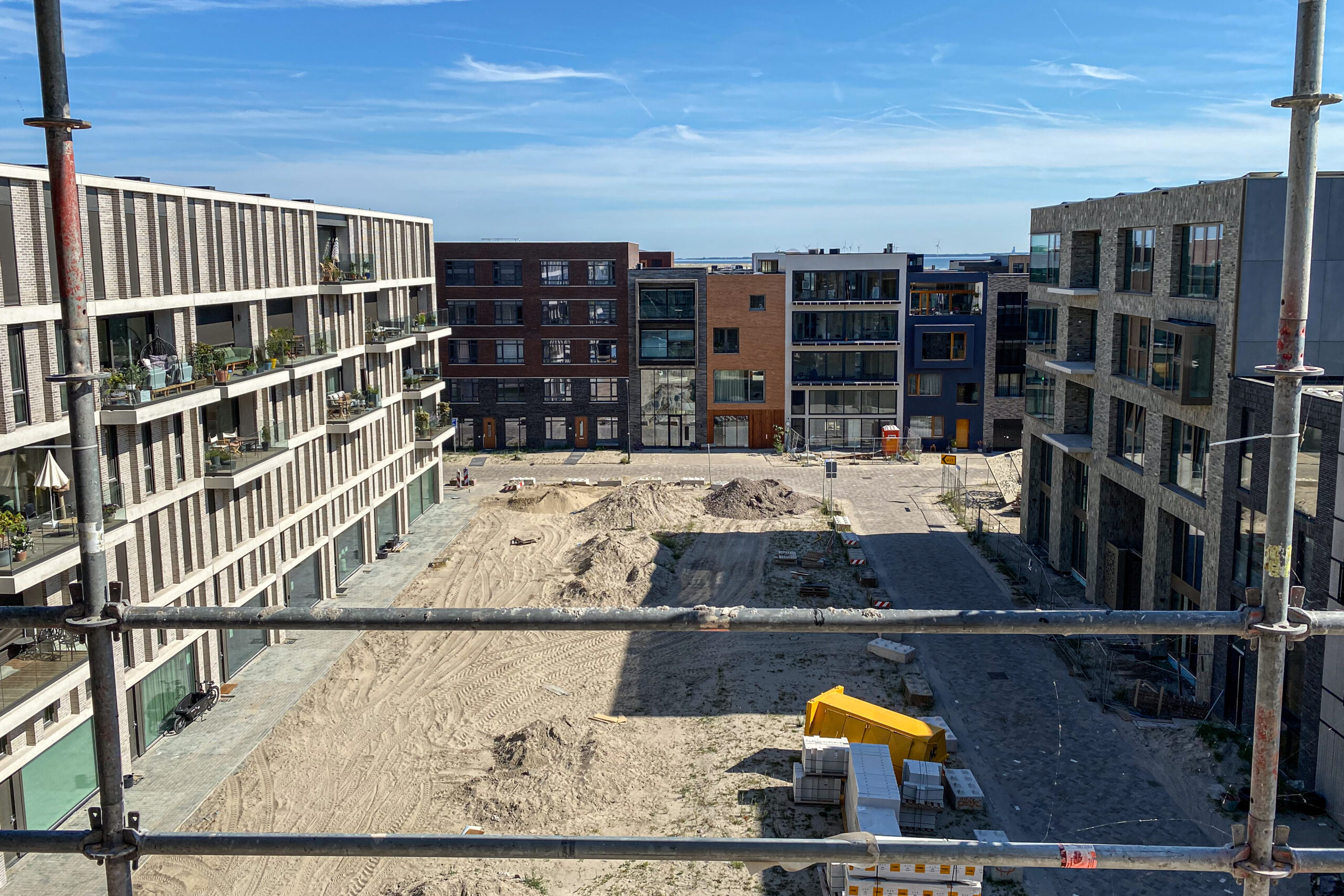FOR IMMEDIATE RELEASE
Carbon Neutral Cities Alliance Launches Groundbreaking Initiative to Accelerate European Cities’ Transition to Low-Carbon Buildings
This year, the Carbon Neutral Cities Alliance (CNCA) unveiled a transformative initiative within its Built Environment Program: European Cities Pioneering Low-Carbon Buildings for a Just Transition.
Supported by the Laudes Foundation and Built by Nature, this initiative aims to empower 15 leading European cities to significantly reduce embodied emissions in the built environment, increase the adoption of bio-based materials in construction projects, and prioritize community needs for a just transition.
This initiative builds upon the successes of the three-year project, “Dramatically Reducing Embodied Carbon in Europe”, which saw exceptional collaboration between CNCA, 12 European cities, and strategic partners including One Click LCA, ARUP, Eurocities, Green Building Councils, and Climate KIC.
Key achievements from the initial phase include the development of City Technical Assessments, City Handbook for Carbon Neutral buildings, Training for City Officials on Life Cycle Analysis Policies, Policy Outline for Demolition versus Refurbishment and New Construction, alongside a host of invaluable research materials. CNCA’s new initiative is poised to drive even greater impact.
The Embodied Carbon Policy Framework, established in the initial phase, laid the groundwork for understanding how cities can drive long-term change for deep embodied carbon emissions reductions. The forthcoming phase will leverage insights from phase one to catalyze further progress.
“Through targeted support, CNCA aims to empower cities to embrace innovative approaches, set and monitor carbon targets, prioritize refurbishment, establish low-carbon procurement standards, and align policy with equity.” – Irene García, Built Environment Lead at CNCA
As cities continue the journey to decarbonize their buildings and radically change the way the construction sector operates, they will not only reap the benefits of reduced carbon emissions and improved resilience but also foster innovation, job creation, and a higher quality of life for their residents.
Until 2027, CNCA will collaborate with 15 leading European cities—including Bordeaux Métropole, Glasgow, Helsinki, Lille Métropole, Greater London, Lund, Madrid, Greater Manchester, Nantes Métropole, Newham, Oslo, Stockholm, Tampere, Turku, and Valladolid. Building on the previous phase of the project, CNCA will support these cities in advancing their leadership through innovative policies and implementation projects. The focus will be on adopting a renovation-first approach with a low carbon footprint, extending building lifespans, promoting circularity in construction, setting more stringent embodied carbon targets and monitoring systems, and shifting towards low-carbon materials. Justice and equity will be at the forefront of their efforts to decarbonize the built environment.
“CNCA’s embodied carbon project is an important arena for knowledge transfer and dialogue while helping us in taking necessary steps towards reaching our tough climate goals for the built environment.” – Adam Wadsten, Environmental Strategist, City of Lund
Additionally, CNCA will work closely with five new cities to amplify learnings from phase one, shape future policies and implementation, and foster impactful partnerships with industry and civil society. Through financial support, peer collaboration, and showcasing innovative approaches, CNCA aims to drive tangible progress in reducing embodied carbon and advancing the use of bio-based materials across Europe’s urban landscapes.
“The construction sector needs to become more circular and biobased to stay within planetary boundaries. It is essential that we verse ourselves better in the science and join forces with other European cities to make better, healthier, and future-proof decisions when it comes to our built environment. The CNCA Embodied Carbon initiative grants us the opportunity to connect and share with other cities to learn from each other and do better ourselves because there is no time to lose.” – Desirée Bernhardt, Senior Policy Officer for the Circular Economy, City of Amsterdam
We invite cities and organizations committed to sustainable urban development to join us in this important endeavor. Together, we can accelerate the transition of the construction sector and create a more just and sustainable future for all.
For further information, please contact:
Irene García, CNCA Built Environment Lead
irenegarcia@carbonneutralcities.org
Photo: Construction works in De Warren (Amsterdam), 2022: Credits: Fabrice Caterini, Inediz:


